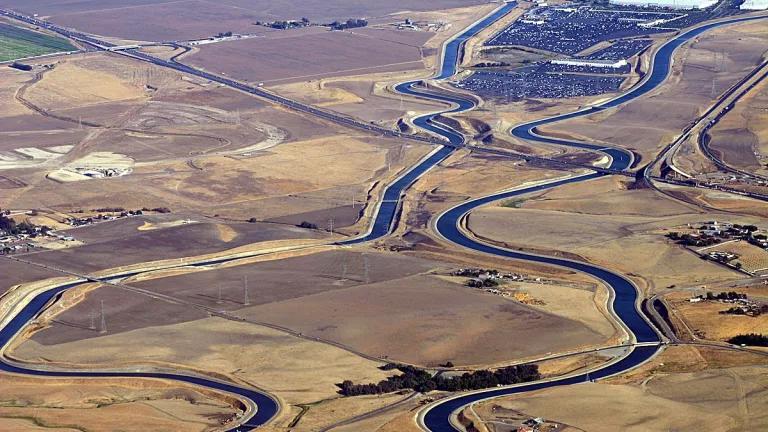
There’s lots of legitimate controversy about Bayer and their production of bee-killing chemicals. But the company found itself in trouble for something decidedly uncontroversial this week: suggesting that eating less meat is good for the environment.
In a tweet from @Bayer4crops, a company Twitter handle with 146,000 followers, Bayer linked to a Vox.com article recapping a study that pointed to reduced meat consumption as a top way for individuals to cut their carbon footprints. Bayer quickly apologized after a backlash from livestock producers and grain growers who sell feed to the livestock industry. But the fact is, Bayer was right—and in very good company. Groups from the UN to the USDA’s 2015 Dietary Guidelines Advisory Committee to the World Health Organization all say we should eat less meat.
Livestock contributes 14.5% of global greenhouse gas (GHG) emissions. That’s on par with tailpipe emissions from fuel burnt in all the world’s vehicles. Most of those emissions come disproportionately from red meat. Beef is about five times more GHG-intensive as chicken and 34 times more GHG-intensive as legumes like beans and lentils, pound for pound. NRDC estimates that if Americans cut their beef consumption by one-third, it would be like taking the tailpipe emissions from about 10 million cars off the road each year.
Red meat consumption has also been linked to increased risk of cardiovascular disease, diabetes, obesity and certain cancers, so making that move would make us healthier at the same time. The American Heart Association, American Institute for Cancer Research, and a host of other premier medical and public health experts all say we should eat less meat.
So it’s no surprise that eating less meat is more mainstream than ever. The business pages are full of stories about how the market is changing towards more healthful, sustainable, and plant-forward foods, driven in large part by health-conscious millennials. Roughly half of younger consumers and one-third of older people already regularly choose plant-based foods instead of meat.
Given the impact of less meat consumption on their bottom line, livestock and feed –grain producers’ sensitivity to this message coming from a major ag chemical company is understandable. But expanding plant-based diets means expanding opportunities for growers of fruits, vegetables and legumes, and producers of other plant-based foods. Bayer might have back-peddled under pressure, but they had the facts on their side on this one. Cutting back on meat and eating more plants is good for your health and the planet.



